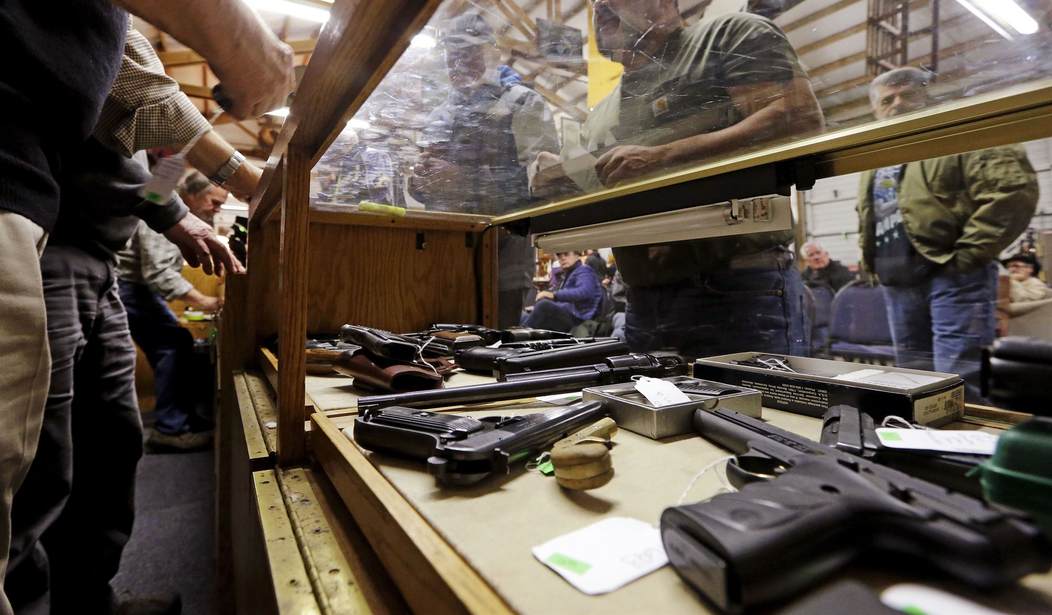We’ve been told that background checks are the key to preventing certain parties from getting their hands on guns. In particular, it’s needed to keep guns out of the hands of criminals and the insane. Background checks, especially universal background checks, are supposed to be the perfect answer to everything.
One state has had them for a while, of course. California has never met a gun control bill it didn’t like, so of course, legislators jumped on the universal background check wagon as soon as they could. However, a study from Johns Hopkins found out just how effective that measure was.
A new academic study has found that, once again, gun laws are not having their desired effect.
A joint study conducted by researchers at the Johns Hopkins Bloomberg School of Public Health and the University of California at Davis Violence Prevention Research Program found that California’s much-touted mandated background checks had no impact on gun deaths, and researchers are puzzled as to why.
California Gun Laws Are a Failure
In 1991, California simultaneously imposed comprehensive background checks for firearm sales and prohibited gun sales (and gun possession) to people convicted of misdemeanor violent crimes. The legislation mandated that all gun sales, including private transactions, would have to go through a California-licensed Federal Firearms License (FFL) dealer. Shotguns and rifles, like handguns, became subject to a 15-day waiting period to make certain all gun purchasers had undergone a thorough background check.
…
More than a quarter of a century later, researchers at Johns Hopkins and UC Davis dug into the results of the sweeping legislation. Researchers compared yearly gun suicide and homicide rates over the 10 years following implementation of California’s law with 32 control states that did not have such laws.
They found “no change in the rates of either cause of death from firearms through 2000.”
The findings, which run counter to experiences in Missouri and Connecticut that did show a link between background checks and gun deaths, appear to have startled the researchers.
So what happened?
Well, to start with, violent crime is a complex issue and gun control proposals are a simplistic answer. The roots of violence often run deep, as do the paths of weapons toward criminal hands. When we see studies that suggest gun control had one effect or another, what we’re looking at is a corollary. This happened and, at the same time, that happened. Post hoc ergo propter hoc or “After, therefore because of.” This is a logical fallacy that, frankly, we all fall victim to.
Correlation isn’t necessarily causation, so did universal background checks in Missouri and Connecticut really have an impact, or were there other factors that also went into play?
On the other hand, while the opposite correlations don’t necessarily equate to causation either, one would expect to see decreases in violence if gun control was the answer as its proponents claim. Instead, what we see is that the subject is far more complicated than anti-gunners would have people believe.
The truth is, gun control doesn’t work. The times when it appears to be are an artifact of other policies and situations that also take hold, though anti-gunners ardently refuse to acknowledge that fact. That’s the thing about the truth. It doesn’t really care if you acknowledge it or not.
Hat tip to Active Response Training








Join the conversation as a VIP Member